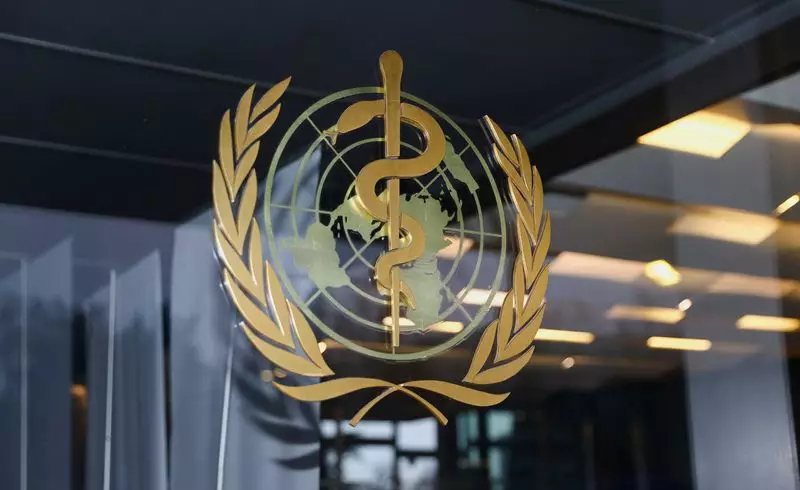The recent decision by the United States to withdraw from the World Health Organization (WHO) has raised alarms among African health officials. The Africa Centres for Disease Control and Prevention (Africa CDC) has emphasized the potential negative repercussions this choice could have on health programs across the continent. This step taken by U.S. President Donald Trump, shortly after his second-term inauguration, signals a broader strategy that might curtail vital funding pivotal for numerous health initiatives in Africa.
The influence of the WHO on health outcomes in Africa cannot be overstated. For many nations, U.S. investment through the organization has been a cornerstone of public health endeavors. Africa CDC senior official Ngashi Ngongo expressed this concern during a recent media briefing. He noted that a lot of progress in healthcare delivery has been attributed to U.S. funding, which has supported crucial programs tackling everything from vaccination campaigns to disease surveillance. The fear is that the cessation of this financial support will create enormous gaps in health services and weaken the ongoing battle against infectious diseases.
The ramifications of the U.S. withdrawal extend beyond immediate funding cuts. Countries like Zimbabwe, which heavily rely on external aid due to high prevalence rates of conditions like HIV/AIDS, are particularly vulnerable. Zimbabwe’s Finance Minister has vocalized anxiety that a decrease in health aid is imminent, which would exacerbate pre-existing challenges in managing health crises. This highlights a crucial vulnerability in African health systems, where dependency on external financing can lead to precarious situations.
In light of these developments, Africa CDC is urging member states to reevaluate their financing strategies for public health. The organization anticipates exploring alternative funding pathways beyond U.S. contributions, potentially looking at partnerships with other non-African countries or international organizations. The need for Africa to bolster its financial self-reliance has never been more urgent, especially as health challenges across the continent grow in complexity and scale.
Ngongo’s remarks underscore the need for proactive measures among African nations to secure health funding. While he does not predict an immediate catastrophic impact on Africa CDC’s operations, uncertainties loom over collaborative health initiatives developed with U.S. partners over the past year. The prospect of stalled joint programs could hinder progress in fighting pressing public health issues that require sustained international cooperation.
Ultimately, the U.S. withdrawal from WHO exemplifies a larger strategic trend in international relations and health governance. As countries navigate the complexities of global health, the need for diverse funding sources and robust health systems becomes increasingly clear. African nations have an opportunity to rethink and reforge their public health financing frameworks, fostering greater resilience against future health crises while charting a more self-sufficient course in global health participation. The steps taken in the coming months will be critical in determining the fate of public health on the continent in the wake of this significant policy shift.

